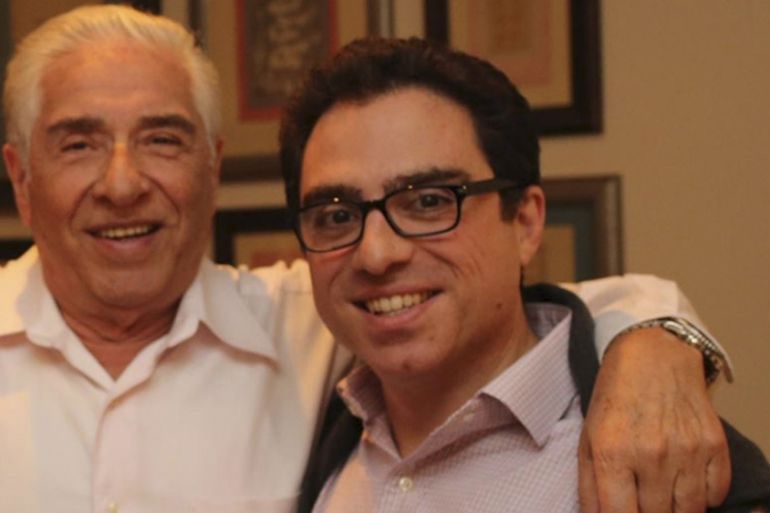Iran charges dual nationals, foreigner in crackdown
The four are believed to have been arrested by hard-line members of Iran’s Revolutionary Guard.

Iran has indicted three dual citizens and a foreigner held in the country on unknown charges, part of a series of crackdowns in the wake of last year’s nuclear deal with world powers.
Iran’s official judiciary news agency Mizan reported on Monday that the charges were announced by Tehran’s prosecutor, Abbas Jafari Dolatabadi.
The four, who have ties to Britain, Canada and the United States, all are believed to have been detained by hard-liners in Iran’s paramilitary Revolutionary Guard.
Iran frees Washington Post reporter in US swap deal
One of those charged was identified as Homa Hoodfar, an Iranian-Canadian woman who is a retired professor at Montreal’s Concordia University.
Siamak Namazi, an Iranian-American businessman who has advocated for closer ties between the two countries, was also charged. Namazi’s father is also held in Tehran.
The third person charged was Nazanin Zaghari-Ratcliffe, an Iranian-British woman who works for the Thomson Reuters Foundation, the charitable arm of the news agency. Ratcliffe’s toddler daughter, Gabriella, also remains in Iran, as authorities seized her passport.
The fourth person was identified as Nizar Zakka, a US permanent resident from Lebanon who has done work for the US government.
‘They did nothing wrong’
The four were arrested in connection with separate cases over the past year. Family members and representatives of the four say they did nothing wrong.
Dolatabadi’s statement did not elaborate on the charges, though Iranian media previously accused Zaghari-Ratcliffe of plotting a “soft toppling” of the government and alleged that Zakka was a spy.
He said another seven people faced charges related to the unrest that surrounded the country’s disputed 2009 presidential election.
|
|
Iran does not recognise dual nationalities, meaning those detained cannot receive consular assistance.
In previous cases involving dual nationals, such as the detention of Washington Post journalist Jason Rezaian, officials initially announced indictments had been handed down without providing specifics.
Later, news organisations with close ties to security services offered details of the charges.
Those detained typically face trial in Iran’s Revolutionary Court, a closed-door tribunal which handles cases involving alleged attempts to overthrow the government.
Rezaian was detained for 18 months in the city’s notorious Evin prison, but later released in January as part of a prisoner swap between Iran and the US.
While Iranian officials have not publicly demanded another swap, analysts have suggested the detainees might be used by hard-liners as bargaining chips.
Monday’s announcement did not include any mention of Namazi’s father, Baquer Namazi, a former Iranian and UN official in his 80s who is also in Iranian detention.
Also unaccounted for is former FBI agent Robert Levinson, who vanished in Iran in 2007 while on an unauthorised CIA mission.
Iranian officials in Tehran could not be reached for comment on Monday. Iran’s mission to the United Nations did not immediately respond to a request for comment.
The hard-line crackdown since the nuclear accord has included the detention and sentencing of Iranian poets, filmmakers, artists and others.
Most recently, famed Iranian sculptor Parviz Tanavoli found himself banned from traveling abroad and had his passport seized.